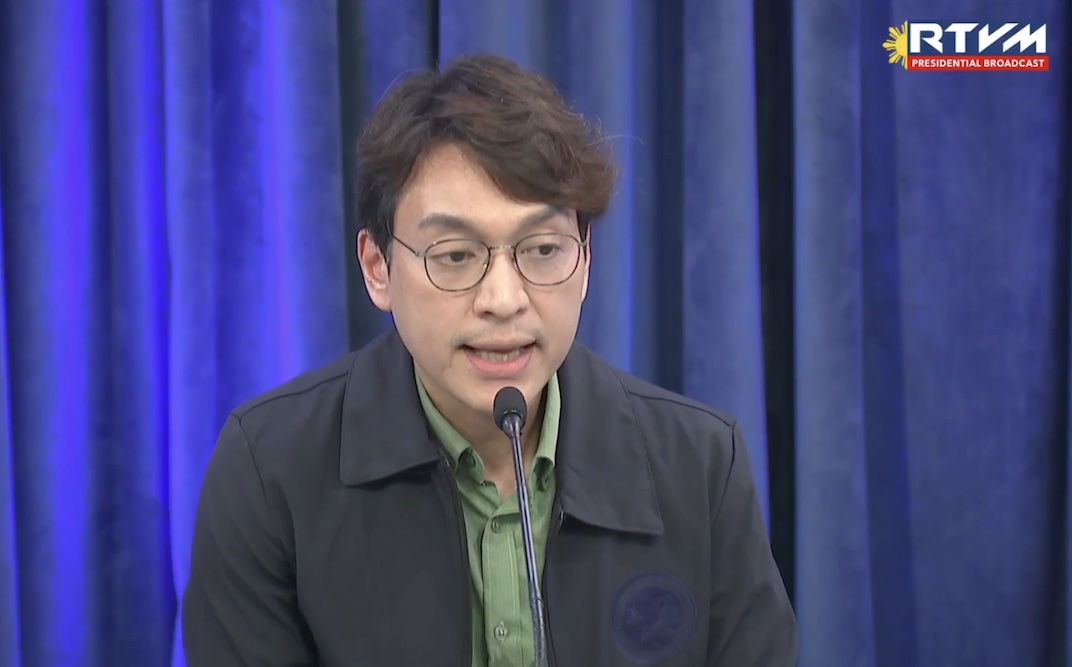El Niño water-saving tips: Start by using ‘tabo’ instead of bidet

The national government has called on the public to practice “small measures” to conserve water in their households, such as limiting bidet use, as the country tries to deal with a double whammy: a rapidly dwindling water supply and a strong El Niño this year.
In an interview, Communications Assistant Secretary Joey Villarama, spokesperson for Task Force El Niño, suggested several ways in which ordinary households could help the country stem the combined effects of a prolonged drought and summer.
“The bidet is actually a wasteful water device because it sprays water unrestrained, which is no different [from] a garden hose. So instead of a bidet, we suggest that households use the traditional ‘tabo’ (dipper) when using the toilet,” he said.
Villarama offered the suggestion as he warned that water consumers in Metro Manila and surrounding areas may experience weaker water pressure in faucets due to the dropping water level in Angat Dam, as this year’s strong El Niño continues to surge in the coming days.
According to Villarama, using a dipper allows household members to better gauge their water usage and leads to reduced consumption.
He also advised homeowners to turn off their water supply at night to conserve water in case of leaks.
Villarama offered more tips, particularly on toilet use. “Sometimes when we urinate, we can forego flushing [every time] especially if the stench is not that intense. We can also resort to having other people use the toilet before we flush,” he said.
A dipper of water may also be used to flush the toilet, instead of the automatic flush. “Or we can lower the floating mechanism of the [toilet bowl’s] reservoir so that it can use a smaller volume for every flush,” he said.
“Since we are Filipinos, the ‘tabo’ is embedded in our culture so we will be better off using it for bathing. I realized back in the day when I was a student that one bucket of water is enough for a single bath,” he added.
The government is also discouraging the use of inflatable pools—a common way to cool off during summer, Villarama said.
“[The inflatable pool is] not prohibited, but it is discouraged because it consumes a high amount of water. We are making this appeal to help our country endure the remaining two months of El Niño, and this is one of the water-saving measures that we can undertake,” he added.
Lastly, the public can take “conscious, deliberate efforts” to conserve water when it comes to their laundry by taking these to laundromats, which are less water-intensive, Villarama suggested. INQ
















